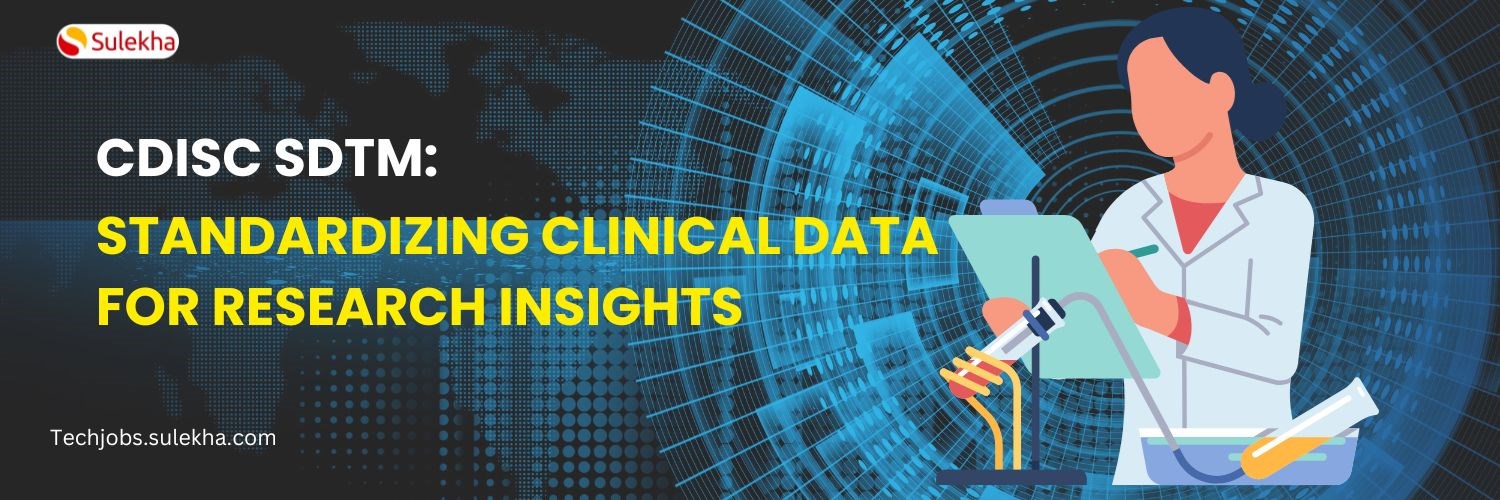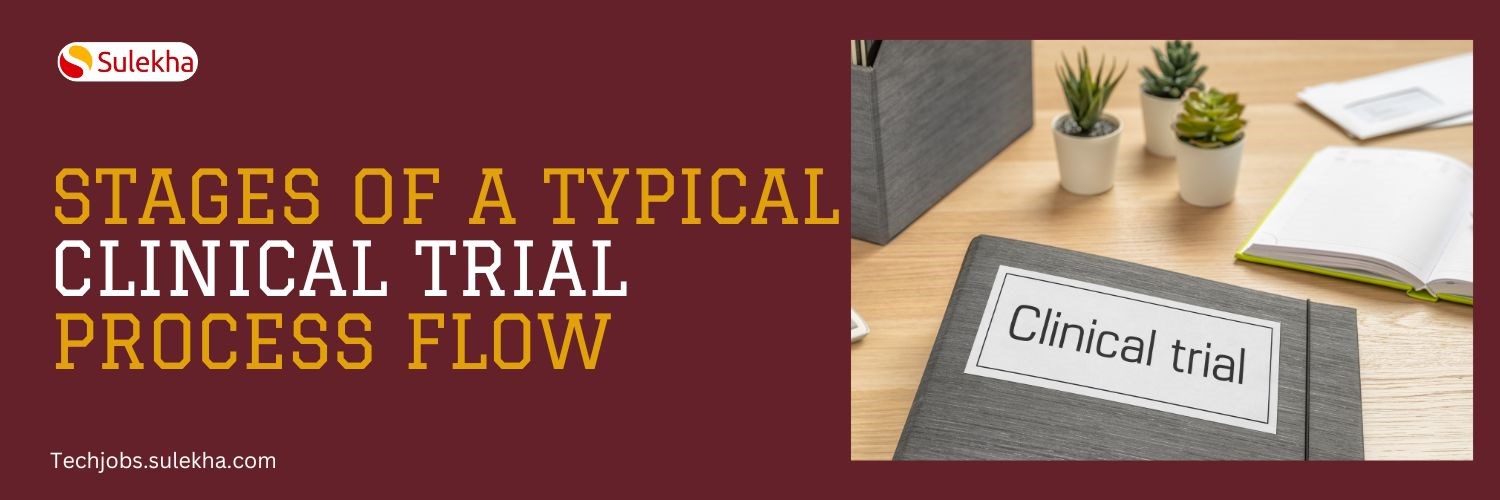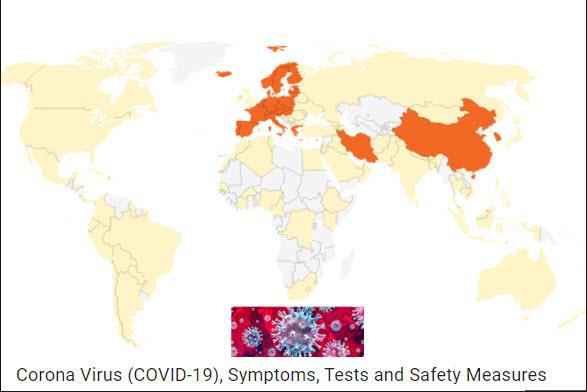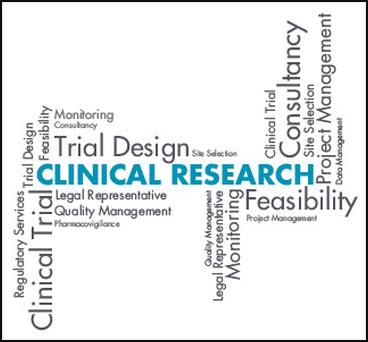Unveiling the Clinical Research Roadmap: A Comprehensive Guide

The clinical research process is a systematic and structured series of steps conducted by researchers and healthcare professionals to evaluate the safety, efficacy, and effectiveness of medical interventions in human subjects, such as new drugs, therapies, medical devices, or treatment protocols. The primary goal of clinical research is to generate evidence-based knowledge that can inform medical decisions, improve patient care, and contribute to advancements in healthcare.
In the previous blog, we discussed "INTRODUCTION TO CLINCAL RESEARCH". Now, we shall discuss the clinical research process comprehensively. The clinical research process includes:
Pre-clinical testing
Investigational New Drug Application (IND)
Phase I (assess safety)
Phase II (test for effectiveness)
Phase III (large-scale testing)
Licensing (approval to use)
Approval (available for prescription)
Post-marketing studies (special studies and long-term effectiveness/use)
Pre-Clinical Testing
Pre-clinical testing is essential in developing new medical interventions, including drugs, therapies, and medical devices. It involves a rigorous series of laboratory experiments and animal studies before human clinical trials. Researchers use pre-clinical testing to assess the intervention's safety and effectiveness and investigate its potential toxicity, side effects, and therapeutic benefits.
This phase also includes pharmacokinetic and pharmacodynamic studies to understand how the intervention interacts with the body. The data generated in pre-clinical testing are crucial for determining whether the intervention should advance to human trials and for seeking regulatory approvals. Ethical considerations and adherence to ethical guidelines are paramount, particularly in animal studies.
Ultimately, the success of an intervention often hinges on the outcomes of pre-clinical testing, which takes approximately three to four years and informs decisions about its viability for human use.
Investigational New Drug Application (IND)
After pre-clinic testing of new drugs and vaccines, IND should provide a comprehensive report about the result and how the future will be conducted.
The U.S. FDA (Food and Drug Administration) will review the IND report in 30 days. The drug can proceed to the phase I trial if the FDA approves the IND report within 30 days.
Phase I (Assess Drug Safety)
Phase I is the first experiment, during which the drug is tested on the human body. The trial's purpose is to evaluate the new drug's safety.
Phase I trials are typically conducted open-label, which means that participants are made aware of the drugs they are receiving. The drug is tested on 30 to 100 healthy volunteers. This testing process will last for more than six months to one year.
The primary focus of the trial phase is to evaluate the Drug Safety of humans and the dosage that can be provided to humans in the future. By assessing this, we can understand side effects, how much dosage should be given to humans, and how dosage reacts in the human body.
Phase II (Test for Safety and Effectiveness)
A phase II study compares details about the drug's safety and effectiveness. This trial is randomized, which means one group of people will receive an experimental test drug, and other control groups will receive the treatment or placebo.
This experiment is dazed, which means participants and researchers are unaware of who has received the experimental test drug. 100 to 300 people will participate in this experiment, which will take several months to two years.
Phase III (Large-Scale Testing)
Phase III's purpose is to confirm the drug's effectiveness. In this phase, the drug will be given to a large patient group.
This trial is also known as a multicentre trial because it is usually carried out across multiple hospitals in various demographic locations to ascertain the impact of ethnic responses.
This large-scale testing (1,000–3,000 volunteers) provides a greater understanding of efficacy. Phase III research typically spans several years and is mainly randomized, blinded trials with predetermined entry requirements. After completing a phase III study, a business can apply for an NDA from the FDA.
Randomization: The process of separating trial participants into treatment or control groups and utilizing randomization to make the assignments to minimize bias.
Blinded study: a study where the treatment assignment(s) must be disclosed to the subject, the researcher, or anybody evaluating the results.
Control group: The group of subjects in a controlled study that receives no treatment, a standard treatment, or a placebo.
Placebo: A pharmaceutical preparation with no investigational agent.
Multicenter trial: A clinical trial carried out by multiple investigators at multiple sites, all following the same protocol.
Food and Drug Administration (FDA): This U.S. regulatory body is responsible for approving IND and NDA.
New Drug Application (NDA): An application to the FDA for permission to market a new medicine in the U.S. market.
Licensing (Approval to Use)
After completing these crucial steps and proving that the drug is safe, the BLA (Biologics License Application) and NDA ( New Drug Application) will file the report to the FDA. During the trial research and analysis of drugs, NDA/BLA should have all scientific information compiled.
The FDA reviews the report submitted by the NDA/BLA in six months. Depending on the country and its guidelines, the process may take two years.
Approval (Available for Prescription)
Prescribers are medical professionals. Reviews maintain safety over time, even after approval. For instance, quality control requirements must be fulfilled, and all adverse event cases must be reported (sometimes studies to assess long-term effects).
The expedited approval process for severe diseases is intended to support treatment development and address medical needs by enabling patients to receive critical new treatments more quickly.
Post-Marketing Studies
Another term for post-marketing studies is Phase IV studies, which are unique and have long-term effectiveness/use. As discussed above, these studies are not done for a group of people; instead, they are performed or done in specific populations. However, they are specific to children or older adults, and the study is meticulously designed to monitor long-term efficacy, effectiveness, and impact on a person. Some studies aid in determining a therapy's cost-effectiveness compared to other traditional and new therapies.
Purpose of Clinical Research Processes
Clinical research is conducted to achieve several vital objectives in the realm of healthcare:
It assesses the safety of medical interventions, ensuring that they do not pose undue risks to patients.
Clinical research evaluates the effectiveness of these interventions, providing critical insights into their ability to deliver therapeutic benefits.
It is a primary driver of medical progress, expanding our knowledge of diseases, treatments, and healthcare practices.
"In closing, the clinical research process guides us toward a healthier, more informed future. It's a testament to our dedication to improving patient care and enhancing medical knowledge. Each study unlocks the potential for safer, more effective treatments. As we conclude this exploration of the clinical research journey, remember that the collective effort of researchers, healthcare professionals, and study participants drives progress in medicine.
Together, we illuminate the path to better healthcare, shaping a world where innovative treatments transform lives. Join us in celebrating the remarkable impact of clinical research as we continue to push the boundaries of what's possible to pursue better health and a brighter tomorrow."
Find a course provider to learn Clinical Research
Java training | J2EE training | J2EE Jboss training | Apache JMeter trainingTake the next step towards your professional goals in Clinical Research
Don't hesitate to talk with our course advisor right now
Receive a call
Contact NowMake a call
+1-732-338-7323Enroll for the next batch
Clinical Research Training Course Program
- Mar 3 2026
- Online
Clinical Research Training Course Program
- Mar 4 2026
- Online
Clinical Research Training Course Program
- Mar 5 2026
- Online
Clinical Research Training Course Program
- Mar 6 2026
- Online
Related blogs on Clinical Research to learn more

CDISC SDTM: Standardizing Clinical Data for Enhanced Research Insights
Learn the importance of CDISC SDTM standards in enhancing research insights by standardizing clinical data.

Exploring the Significance of Medical History in Healthcare
Discover the crucial role of medical history in healthcare, understanding how it informs diagnosis, treatment, and patient care, and its impact on the evolution of medicine.

Key Stages of a Typical Clinical Trial Process Flow
Clinical trials follow a well-defined process flow that is essential for conducting successful and ethical clinical research.

Understanding the Key Stages of a Typical Clinical Trial Process Flow
Discover the critical steps involved in each stage, ensuring a smooth and successful clinical trial process flow.

The Indispensable Role and Importance of Industry Regulations and Standards in Clinical Trials
we have discussed key function in clinical operations, clinical research organization, key function in data management and quality assurance.

Corona Virus (COVID-19), Symptoms, Tests and Safety Measures
Corona Virus (COVID-19), Symptoms, Tests and Safety Measures. Learn the symptoms, tests to undergo, and safety measures to be taken to prevent the virus.

List of Best Clinical Research Training in Atlanta – CRC, CRA, MSCR Studies
We have collected a list of reputed institutes to those interested in pursuing a career in clinical and/or translational research. Pick from the list to have your dream come true career in medicine.

Healthcare Sector increasing the focus in Big Data and Technology
Here the role of technology business mergers and big data firms within the healthcare frontiers comes into play. The business mergers of technology, as well as the big data firms in the healthcare sector, highlights a trend viral within the clinical

7 Ethics for Clinical Researchers
Clinical trials conducted by the researchers involve a human volunteer who is willing to be subject to adhere new findings or a medical experiment. For that, a proper consent is acquired from the volunteer before conducting the trials.

Will lowering Blood Pressure would save lives? Clinical Trials Says so…
So far, the healthcare industry had been advised that the blood pressure of a healthy adult has to be less than 140 millimeters of mercury. And any increase in blood pressure that this guideline would attract serious consequences such as heart attack
Latest blogs on technology to explore

Drug Safety & Pharmacovigilance: Your 2026 Career Passport to a Booming Healthcare Industry!
Why This Course Is the Hottest Ticket for Science Grads & Healthcare Pros (No Lab Coat Required!)" The Exploding Demand for Drug Safety Experts "Did you know? The global pharmacovigilance market is set to hit $12.5B by 2026 (Grand View Research, 202

Launch Your Tech Career: Why Mastering AWS Foundation is Your Golden Ticket in 2026
There’s one skill that can open all those doors — Amazon Web Services (AWS) Foundation

Data Science in 2026: The Hottest Skill of the Decade (And How Sulekha IT Services Helps You Master It!)
Data Science: The Career that’s everywhere—and Nowhere Near Slowing Down "From Netflix recommendations to self-driving cars, data science is the secret sauce behind the tech you use every day. And here’s the kicker: The U.S. alone will have 11.5 mill

Salesforce Admin in 2026: The Career Goldmine You Didn’t Know You Needed (And How to Break In!)
The Salesforce Boom: Why Admins Are in Crazy Demand "Did you know? Salesforce is the 1 CRM platform worldwide, used by 150,000+ companies—including giants like Amazon, Coca-Cola, and Spotify (Salesforce, 2025). And here’s the kicker: Every single one

Python Power: Why 2026 Belongs to Coders Who Think in Python
If the past decade was about learning to code, the next one is about coding smarter. And in 2026, the smartest move for any IT enthusiast is learning Python — the language that powers AI models, automates the web, and drives data decisions across ind

The Tableau Revolution of 2025
"In a world drowning in data, companies aren’t just looking for analysts—they’re hunting for storytellers who can turn numbers into decisions. Enter Tableau, the #1 data visualization tool used by 86% of Fortune 500 companies (Tableau, 2024). Whether

From Student to AI Pro: What Does Prompt Engineering Entail and How Do You Start?
Explore the growing field of prompt engineering, a vital skill for AI enthusiasts. Learn how to craft optimized prompts for tools like ChatGPT and Gemini, and discover the career opportunities and skills needed to succeed in this fast-evolving indust

How Security Classification Guides Strengthen Data Protection in Modern Cybersecurity
A Security Classification Guide (SCG) defines data protection standards, ensuring sensitive information is handled securely across all levels. By outlining confidentiality, access controls, and declassification procedures, SCGs strengthen cybersecuri

Artificial Intelligence – A Growing Field of Study for Modern Learners
Artificial Intelligence is becoming a top study choice due to high job demand and future scope. This blog explains key subjects, career opportunities, and a simple AI study roadmap to help beginners start learning and build a strong career in the AI

Java in 2026: Why This ‘Old’ Language Is Still Your Golden Ticket to a Tech Career (And Where to Learn It!
Think Java is old news? Think again! 90% of Fortune 500 companies (yes, including Google, Amazon, and Netflix) run on Java (Oracle, 2025). From Android apps to banking systems, Java is the backbone of tech—and Sulekha IT Services is your fast track t